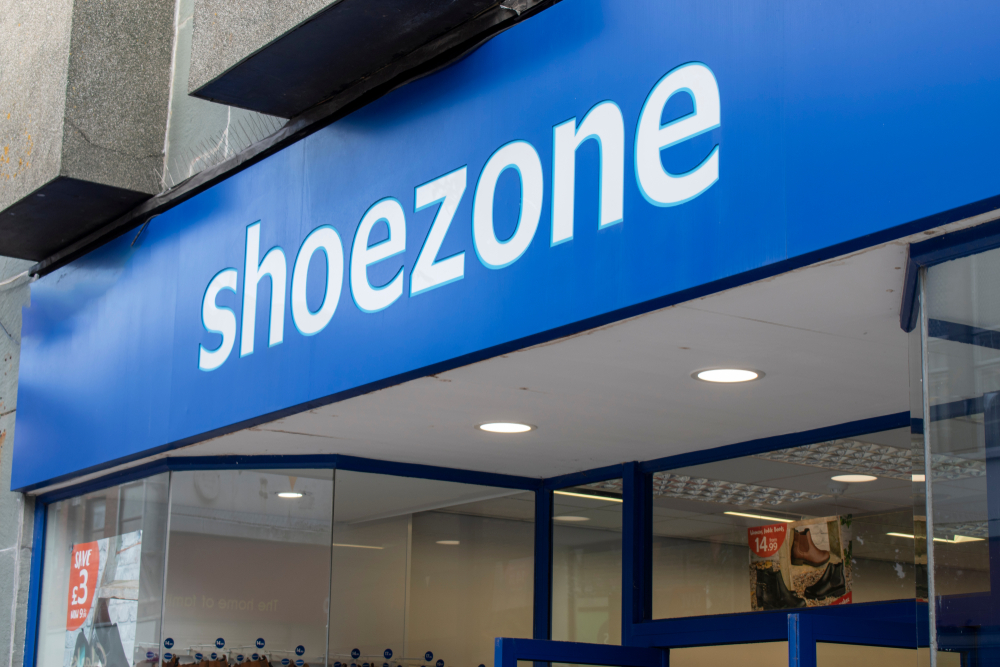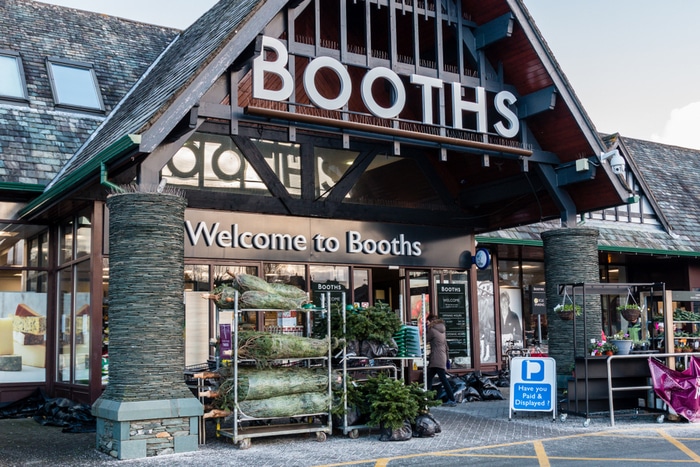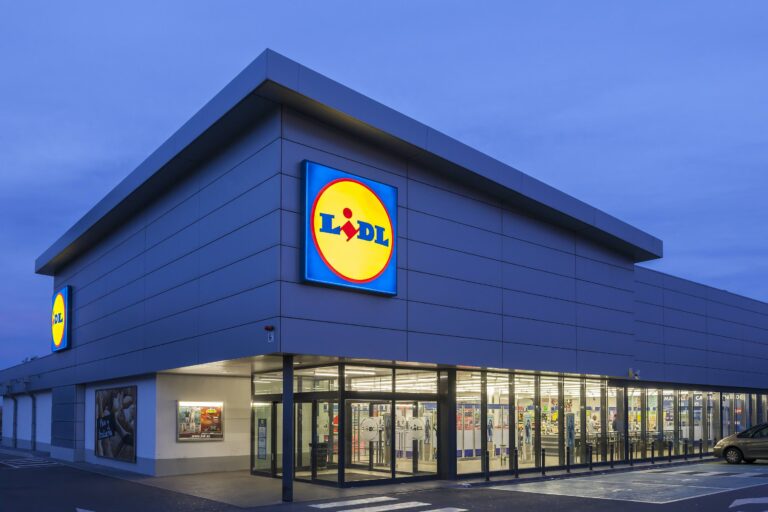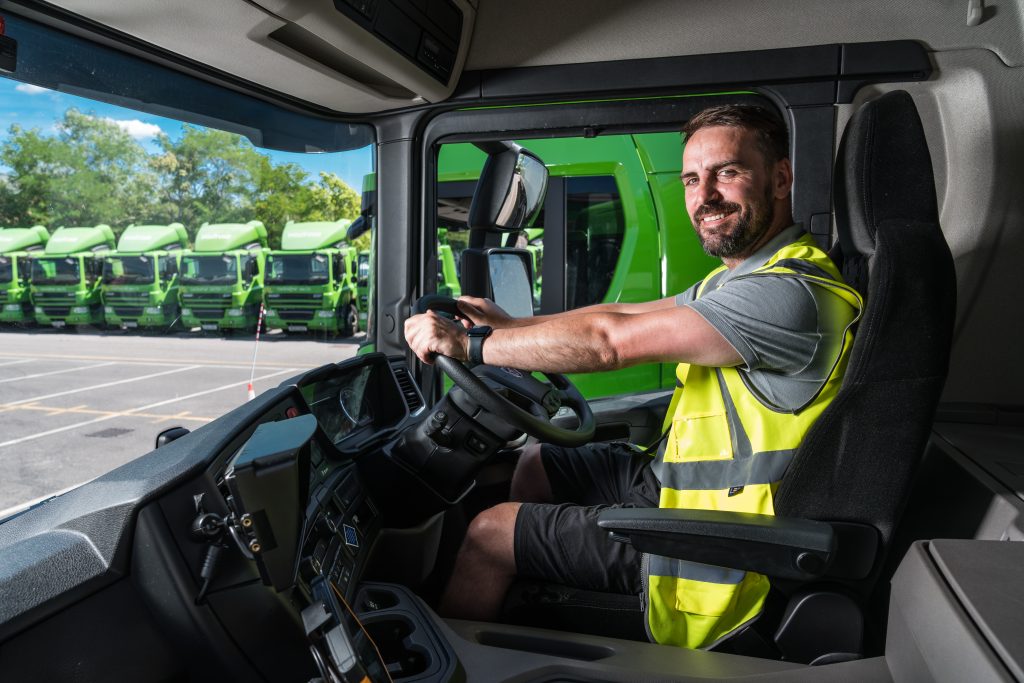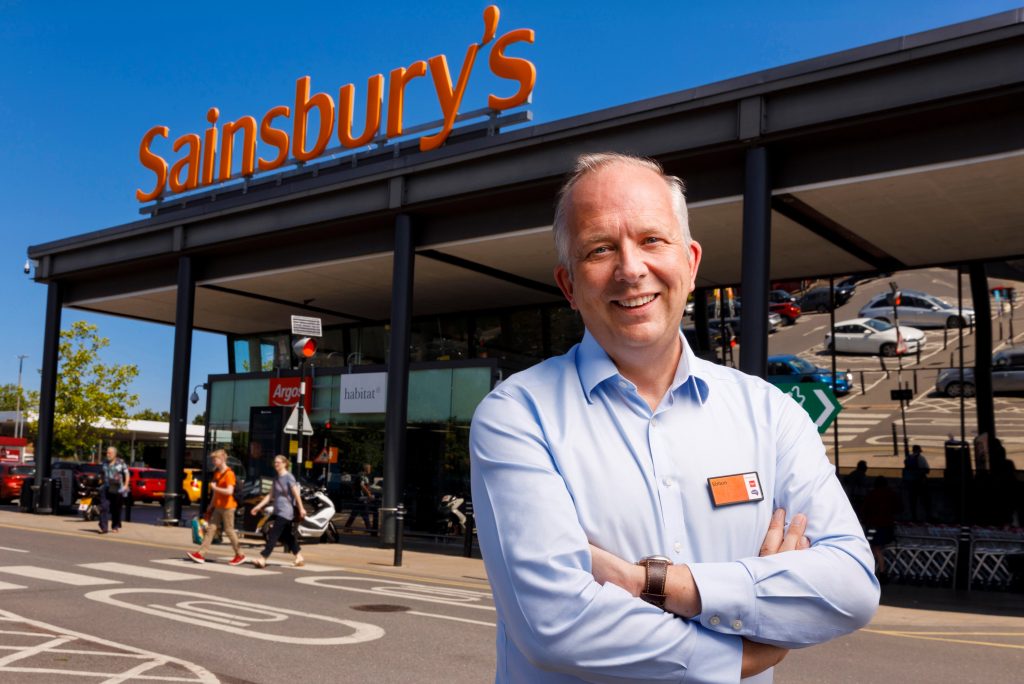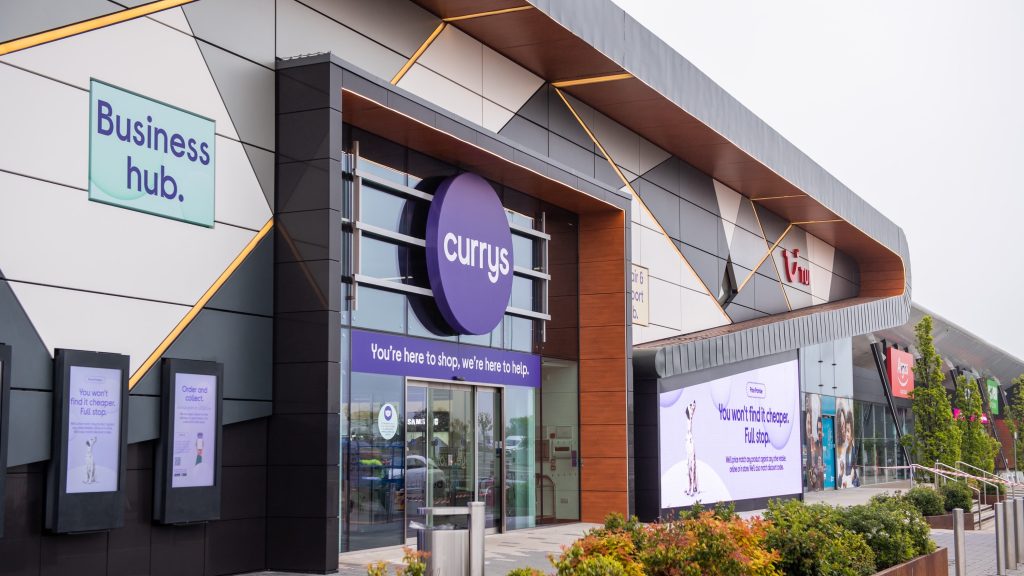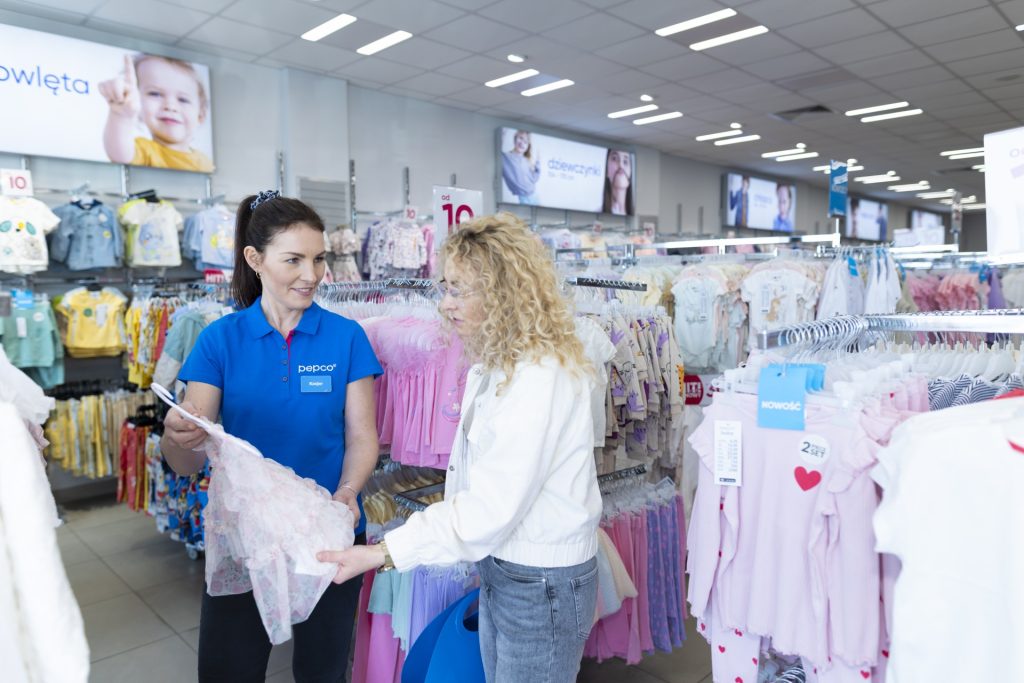This has been a year of uncertainty for retail organisations, with many long-standing stores, such as Blockbuster and HMV, going into administration in early 2013. In order to become ‘recession-proof‘ and avoid closing down, many retailers are looking to build strong leadership skills to drive their business forward both now and in the future. However, with the sector moving so rapidly, it can be difficult to know exactly what skills are needed and where they will come from.
The skill-set of a CEO within a retail organisation is rapidly changing. Expectations of retail leaders are now greater than ever before and due to innovations in technology and customer service, new retail leadership roles are likely to look very different to the retail chief executives of five to ten years ago.
A key difference is that many people moving into the retail sector at a senior level may not necessarily come from a retail background. More and more, it‘s the individuals who work in sectors or roles such as finance, the supply chain and IT, who possess the new skills required of retail chief executives.
Finance skills
With their understanding of challenges and opportunities around entering new markets, finance professionals are now driving commercial decisions and are amongst the most wanted and needed professionals in the retail sector. At the same time, the skills of individuals who have worked in a finance role can be hugely beneficial for a retail business at a leadership level. For example, Nick Wharton, CEO of Dunelm Mill, used to be Finance Director at Halfords. This demonstrates that finance is no longer just an operational role and can be crucial in building and leading a successful retail operation.
As with retail businesses, many financial organisations have felt the brunt of the economic crisis, so they have a wealth of experience in organisational adaptation and entering new markets. It is crucial for anyone in a leadership role within a retail business to have an in-depth understanding of how they can constantly adapt to market demands, and how they can communicate this to the wider business.
Understanding a digital business
Understanding a digital business is absolutely key. As we shift from in-store to online, it‘s more important than ever that retail leaders are able to manage the online channel and understand how technology can be used to communicate with customers. Those leaders who have omni-channel experience are the most critical talent that a business could possibly have at the moment and are vital to organisational growth. A great example of this is Simon Calver, CEO at Mothercare, who used to be CEO of LoveFilm. Although he doesn‘t have years of ‘store‘ experience compared to other retail chiefs, he understands how a digital business works and that‘s what is needed to build a successful customer experience online.
Understanding the supply chain
Another commercially focussed skill that retail businesses need to look for in their leaders is an understanding of the supply chain. The increasing appetite for consumers to shop online means that efficient and cost effective infrastructure is essential. Multichannel retail has been established for a number of years, but the blur of the online and in-store experience has considerable implications for the retail supply chain. Many professionals in the supply chain have great experience of the operational side of the business that can be beneficial at leadership level in retail. After all, if commitments are instantly being made online, then the infrastructure needs to be in place to deliver them on time and keep that customer promise.
Understanding the customer experience
Customer experience has always been a priority in retail, but with multichannel platforms booming, there are more access points tha

